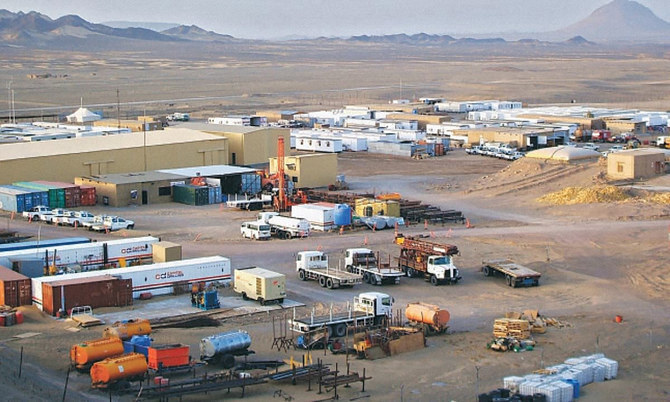ISLAMABAD: Pakistan on Tuesday warned India against restricting the flow of its share of the Indus waters, saying New Delhi could not “snatch even a drop” of water from Pakistan.
India announced in April it was putting the 1960 World Bank-mediated Indus Waters Treaty (IWT), which ensures water for 80 percent of Pakistani farms, in abeyance a day after an attack in Indian-administered Kashmir that New Delhi blamed on Pakistan, an allegation Islamabad denies.
The IWT grants Pakistan rights to the Indus basin’s western rivers — Indus, Jhelum, and Chenab — for irrigation, drinking, and non-consumptive uses like hydropower, while India controls the eastern rivers — Ravi, Beas, and Sutlej — for unrestricted use but must not significantly alter their flow. India can use the western rivers for limited purposes such as power generation and irrigation, without storing or diverting large volumes, according to the agreement.
Pakistan has previously said the treaty has no provision for one side to unilaterally pull back and that any blocking of river water flowing to Pakistan will be considered “an act of war,” while Islamabad said on Monday that the Court of Arbitration in the Hague last week issued a ruling with regard to the design of new Indian hydro-electric power stations on the western rivers that was in line with Pakistan’s interpretation of the relevant provisions of the treaty.
“I want to tell this to the enemy today that you threaten to cut off our water, remember this you cannot snatch even a drop of Pakistan’s share [of Indus water],” Prime Minister Shehbaz Sharif said at a ceremony in Islamabad. “If you attempt such an act, we will again teach you such a lesson that you will regret it.”
Pakistan had brought a case to the Hague-based Permanent Court of Arbitration in 2023 over the design of Indian hydro-power projects on rivers that were awarded to Pakistan under the IWT.
In a ruling on Friday that was posted on its website on Monday, the court said it had jurisdiction over the dispute and ruled the treaty “does not permit India to generate hydro-electric power on the Western Rivers based on what might be the ideal or best practices approach for engineering” of these projects.
Instead, the design of these projects must adhere “strictly” to the specifications laid down in the treaty, the court said.
Pakistan’s Attorney General, Mansoor Usman, said in an interview on Tuesday that, by and large, the court had accepted Pakistan’s position, especially on the design issue of the new hydropower projects.
“I am sure it is clear now that India cannot construct any of these projects in violation of the court’s decision,” he told Reuters.
Pakistan’s foreign ministry said late Monday that the court ruling said that India had to “let flow” the waters of the three rivers for Pakistan’s unrestricted use.
The court said its findings are final and binding on both countries, according to the foreign office statement.
But an Indian official pointed to a June statement by India’s foreign ministry, which said that New Delhi has never recognized the existence in law of the Court of Arbitration.
Pakistan and India engaged in a four-day military conflict in May this year, attacking each other with fighter jets, missiles, drones and artillery. The standoff killed around 70 people on both sides before the United States announced a ceasefire on Monday, although India denies agreeing to the truce on the request of Washington.


















